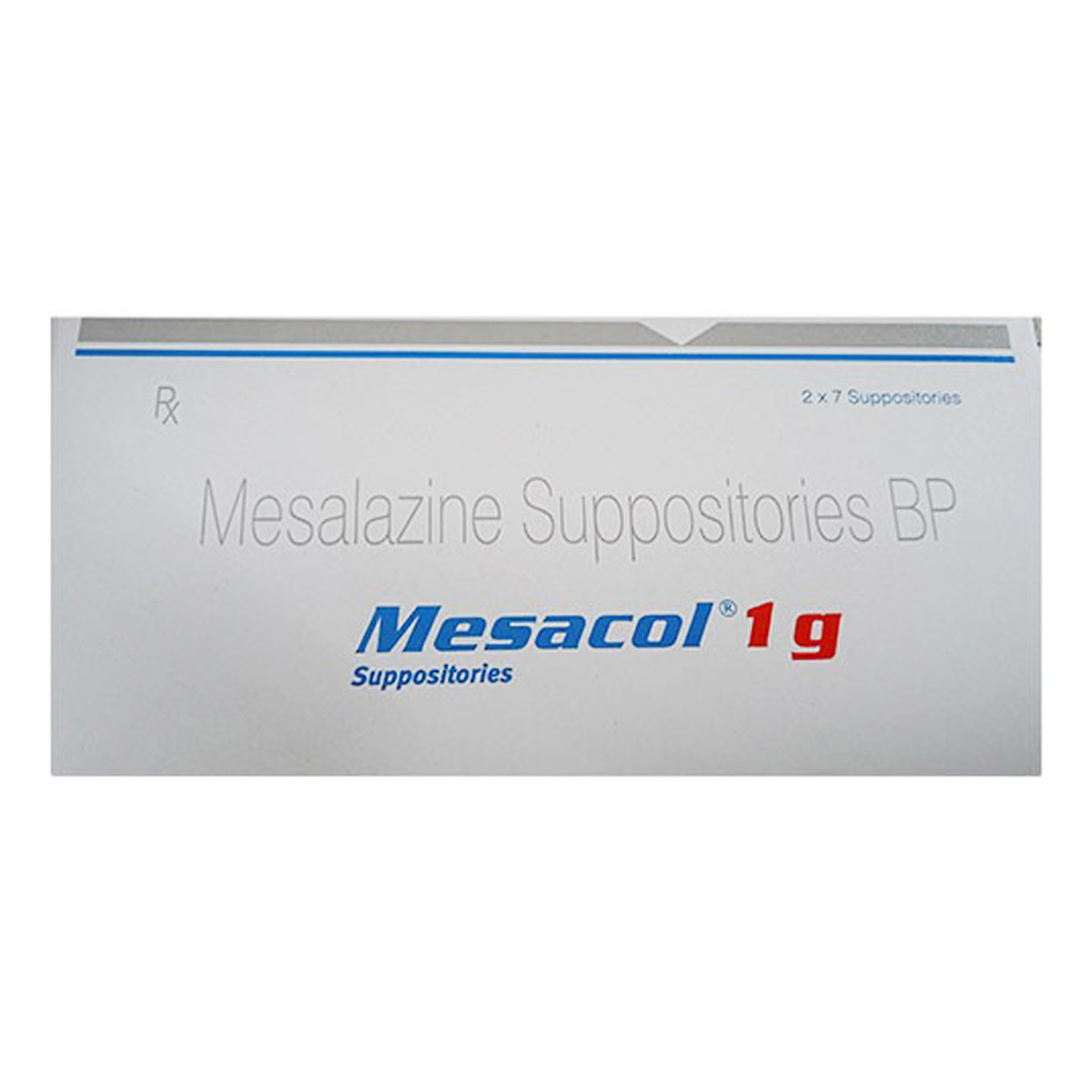Pentasa 1 gm Suppository 7's
MRP ₹738
(Inclusive of all Taxes)
₹110.7 Cashback (15%)
Provide Delivery Location
Online payment accepted
 Prescription drug
Prescription drugWhats That
Composition :
Manufacturer/Marketer :
Consume Type :
Expires on or after :
Return Policy :
About Pentasa 1 gm Suppository
Pentasa 1 gm Suppository belongs to a class of anti-inflammatory drugs used to treat ulcerative colitis. Ulcerative colitis is a chronic inflammatory bowel disease that causes inflammation of the large intestine lining (colon). It produces ulcers on the colon's lining, which may cause bleeding and discharge of pus and mucus. Ulcerative proctitis is a condition in which ulcerative colitis solely affects the rear channel (rectum). Pentasa 1 gm Suppository used for the treatment of ulcerative proctitis and is exclusively designed for rectal usage.
Pentasa 1 gm Suppository contains Mesalazine, which works by inhibiting the production of certain chemical substances, such as prostaglandins, that cause pain and swelling.
Use Pentasa 1 gm Suppository as directed by your physician. Sometimes, you may experience diarrhoea, stomach pain, headache or nausea. Most of these side effects of Pentasa 1 gm Suppository do not require medical attention and gradually resolve over time. However, if the side effects persist or worsen, please consult your doctor.
Inform your doctor if you are allergic to Mesalazine, aspirin, or other medicines. Pentasa 1 gm Suppository should be used with caution in the elderly. If pregnant or breastfeeding, please inform your doctor before using the Pentasa 1 gm Suppository. Avoid taking Pentasa 1 gm Suppository if you have severe kidney failure. Avoid taking Pentasa 1 gm Suppository if you have blood abnormalities or kidney problems caused by other medicines such as Sulphasalazine.
Uses of Pentasa 1 gm Suppository
Directions for Use
Key Benefits
Pentasa 1 gm Suppository contains Mesalazine, an anti-inflammatory drug used to treat ulcerative colitis, ulcerative proctitis and Crohn’s disease. It works by inhibiting the production of certain chemical substances, such as prostaglandins, that cause pain and swelling. Thereby helping reduce inflammation (redness and swelling) in the intestines and providing relief from symptoms such as stomach pain or bleeding. Also, Pentasa 1 gm Suppository may prevent further episodes of ulcerative colitis. It is especially useful when ulcerative colitis symptoms affect the rectum.
Storage
Drug Warnings
Please tell your doctor if you are allergic to Mesalazine, aspirin, or sulfasalazine. Pentasa 1 gm Suppository should be used with caution in the elderly. If you are pregnant or breastfeeding, please inform your doctor before using the Pentasa 1 gm Suppository. Avoid taking Pentasa 1 gm Suppository if you have severe kidney failure. Avoid taking Pentasa 1 gm Suppository if you have had blood abnormalities or kidney problems while taking other medicines such as Sulphasalazine. Use Pentasa 1 gm Suppository in dose and duration as advised by a doctor only. Do not swallow Pentasa 1 gm Suppository. In case of accidental swallowing, drink plenty of water and consult a doctor immediately.
Diet & Lifestyle Advise
- Maintain a low-fat diet and eat foods rich in vitamin C, such as bell peppers, spinach, parsley and berries, which help in healing faster.
- Opt for food and drinks high in Omega 3 fatty acids to get relief from pain, swelling, and inflammation. Omega 3 fatty acid-enriched foods include flaxseeds, walnut, soybean oil, salmon, and tuna if you prefer non-veg.
- Eat more fibre-rich foods such as fruits and vegetables.
- Eat smaller meals all day.
- Drink small amounts of water throughout the day.
- If you are intolerant to lactose, lower your intake of milk.
- Avoid intake of foods high in sugar and fat and processed foods, as these may cause inflammation.
- Try to avoid alcohol as it can affect your stomach and intestine and also limits the absorption of the important nutrients required by your body.
Side Effects of Pentasa 1 gm Suppository
- Diarrhoea
- Stomach pain
- Headache
- Nausea
Habit Forming
Therapeutic Class
All Substitutes & Brand Comparisons
RX
Out of StockVegaz 1 gm Suppository 7's
Dr Reddy's Laboratories Ltd
₹324
(₹46.29 per unit)
51% CHEAPERRX
Mesacol 1 gm Suppository 7's
Sun Pharmaceutical Industries Ltd
₹426.5
(₹54.84 per unit)
42% CHEAPER
Author Details
We provide you with authentic, trustworthy and relevant information
FAQs
Pentasa 1 gm Suppository contains Mesalazine, which works by inhibiting the production of certain chemical substances, such as prostaglandins, that cause pain and swelling. Thus, it helps reduce inflammation (swelling) in the intestines and relieves symptoms such as stomach pain or bleeding.
Pentasa 1 gm Suppository may cause diarrhoea as a common side effect. However, if the condition persists or worsens with fever, watery stools or consistent stomach pain, please consult a doctor. Also, drink plenty of water while using Pentasa 1 gm Suppository to prevent dehydration.
You are not recommended to take Pentasa 1 gm Suppository with aspirin as co-administration of these two medicines may increase the risk of kidney problems. However, please consult your doctor before taking Pentasa 1 gm Suppository with other medicines.
No, you are not recommended to stop using Pentasa 1 gm Suppository suddenly as it may cause recurring symptoms. Therefore, use Pentasa 1 gm Suppository for as long as your doctor has prescribed it and if you experience any difficulty while using Pentasa 1 gm Suppository, please consult your doctor.
Drug-Drug Interactions Checker List
- ASPIRIN
- IBUPROFEN
- AZATHIOPRINE
Disease/Condition Glossary
Ulcerative colitis: It is a type of chronic inflammatory bowel disease that causes inflammation of the lining of the large intestine (colon) and produces ulcers on the lining of the colon, which may cause bleeding and discharge of pus and mucus. The common symptoms include bloody stools, stomach pain, rectal pain, diarrhoea, fever or weight loss. Additionally, it may cause other problems such as joint pain or swelling, mouth sores, skin problems, decreased appetite or nausea. The factors involved in causing ulcerative colitis include immune disorders and environmental factors like viruses, bacteria or antigens, which may trigger the immune system and genes inherited from the parent.
Ulcerative proctitis: It is a condition in which ulcerative colitis solely affects the rear channel (rectum).

Have a query?
Alcohol
Safe if prescribed
The interaction of alcohol with Pentasa 1 gm Suppository is unknown. However, avoid consuming alcohol while on treatment with this medicine.
Pregnancy
Consult your doctor
Pentasa 1 gm Suppository should not be used in pregnancy unless necessary. So, inform your doctor if you are pregnant or suspect pregnancy. Your doctor will weigh the benefits and potential risks before prescribing Pentasa 1 gm Suppository.
Breast Feeding
Consult your doctor
Pentasa 1 gm Suppository should not be used while breastfeeding unless necessary. So, inform your doctor if you are a nursing mother. Your doctor will weigh the benefits and potential risks before prescribing Pentasa 1 gm Suppository.
Driving
Safe if prescribed
Pentasa 1 gm Suppository usually does not affect your ability to drive or operate machinery.
Liver
Consult your doctor
Limited information is available on the use of Pentasa 1 gm Suppository in patients with liver disease. Inform your doctor before receiving the Pentasa 1 gm Suppository if you have a history of liver diseases/conditions. If necessary, your doctor may prescribe a suitable alternative based on your condition.
Kidney
Consult your doctor
Inform your doctor before receiving the Pentasa 1 gm Suppository if you have a history of Kidney diseases/conditions. Pentasa 1 gm Suppository should be used with extreme caution in patients with mild to moderate kidney impairment. It is recommended for use in patients with severe kidney impairment.
Children
Safe if prescribed
Pentasa 1 gm Suppository is for adult use only and is not recommended for children.











